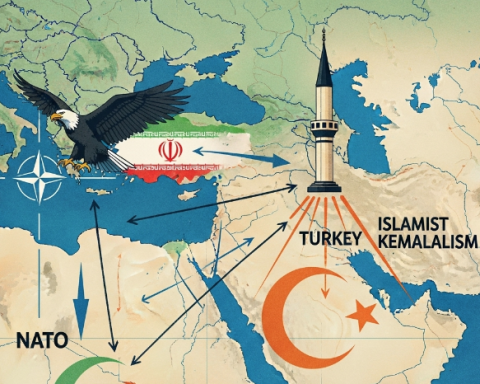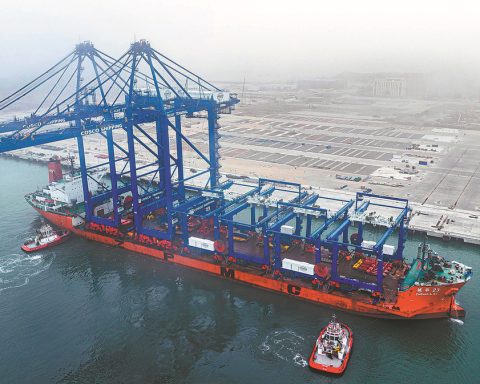Israel’s attacks on Gaza and the West’s muted response have long been a contentious issue. Western countries, particularly the European Union (EU) and the United States, have been criticized for either remaining silent or offering only tepid reactions to Israel’s actions. However, the recent diplomatic attention towards Lebanon raises an important question: Is the West finally beginning to push back against Israel? To address this, we need to consider internal dynamics in Europe and the U.S., international law, and regional security architecture.
The West’s Silence on Gaza
During the recent months of Israel’s attacks on Gaza, the EU and the U.S. largely remained silent. This silence, which contradicts the EU’s core values on human rights, led to self-criticism among European leaders and societies. Yet, these criticisms have not translated into any meaningful actions or sanctions, leaving the international community seemingly powerless against Israel.
EU responses have been largely limited to occasional condemnations by individual leaders. For example, we’ve seen speeches from figures like Joseph Borrell in the European Parliament, but these voices do little to challenge Israel’s course of action. The failure of international law to effectively hold Israel accountable shows the EU’s inability to back up its rhetoric with action, further eroding its credibility.
Rising Interest in Lebanon: A Turning Point?
While the West remained mostly silent on Gaza, its recent diplomatic focus on Lebanon may suggest a shift. Leaders like French President Emmanuel Macron and Italian Prime Minister Giorgia Meloni have shown heightened interest in the situation in Lebanon. Yet, this interest appears to be driven more by concern for regional stability than a genuine opposition to Israel’s policies.
Countries like France and Italy are worried that increased instability in Lebanon could trigger another wave of refugees into Europe. Lebanon, which hosts around 2 million Syrian refugees, is at risk of further destabilization, which would lead to another migration crisis that Europe’s far-right populist leaders want to avoid at all costs.
Diverging Paths: The U.S. and Europe
A growing rift between the U.S. and Europe on how to handle Israel seems to be emerging. While both sides continue to support Israel, internal criticism is gaining momentum, especially in the U.S., where even some Democrats have started to question the level of support given to Israel. The upcoming 2024 U.S. elections could dramatically alter U.S. foreign policy on Israel, particularly if Donald Trump is re-elected, which could also weaken NATO’s political foundation and force the EU to accelerate its plans for independent defense capabilities.
Europe’s Security Architecture: Is It Time to Move Away from NATO?
Macron’s long-standing ambition for “strategic autonomy” for the EU is becoming more relevant in light of these developments. The idea of reducing Europe’s dependence on NATO is seen as a way for the EU to pursue its own interests, particularly in handling conflicts like Israel-Palestine. However, countries like Germany continue to emphasize the importance of NATO and defend Israel’s “right to self-defense.” This divergence could lead to significant fractures in EU security policies in the future.
Turkey’s Position and Potential Threats
For Turkey, these developments carry significant risks. A weakening of NATO and the emergence of a European security architecture that excludes Turkey could jeopardize its regional security. Since joining NATO in 1952, Turkey has relied on the alliance for its international security. If NATO’s role diminishes, Turkey may find itself sidelined in a security framework dominated by a European Union that does not prioritize Turkish interests.
In conclusion, the West’s evolving stance towards Israel appears to be driven by domestic political pressures and concerns over regional instability, particularly migration. However, whether these reactions Will be strong enough to curb Israel’s actions remains unclear. The growing divide between the U.S. and Europe, as well as Turkey’s uncertain position in the regional security landscape, will play a critical role in shaping future developments.








